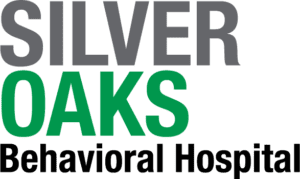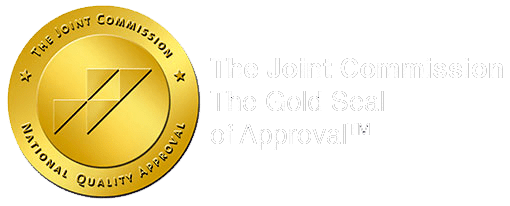Look What’s New at Silver Oaks!
What does it mean to have Post Partum?
Post-partum depression and anxiety is characterized by severe depressive symptoms, excessive worry, and panic, following the birth or adoption of one’s child. Onset can occur between 6 weeks to 12 months post birth/adoption and symptoms can last indefinitely.
What do the symptoms look like?
The symptoms look very similar to someone who has traditional clinical depression or anxiety with the following exceptions:
- Excessive sadness and/or crying
- Outbursts of anger
- Severe mood swings
- Feeling anxious or having panic attacks
- Thoughts of self-harm or harming your baby
- Fear that you might harm your baby, either accidentally or intentionally
- Feeling overwhelmed by even the simplest, easiest things like washing the dishes
- Emotional numbness or feeling “unplugged,” withdrawn or isolated (from people in general, not necessarily just from your new baby)
- Feeling like you’re not a good parent, having low self-esteem and/or taking your baby’s behavior personally.
- Trouble sleeping (even when your baby is sleeping)
- Loss of appetite
Baby Blues vs. PPD
The baby blues are more of a time of adjustment, with mild mood ups and downs that don’t interrupt your sleep, and they typically last about two weeks after giving birth. After that two week transition period of adjusting to a new schedule, a new person and a new role as a parent, the “blues” start to feel less overwhelming and your overall mood feels happier and calmer. Essentially, the baby blues are mild and transient.
The baby blues and postpartum depression are differentiated by severity. If your symptoms are severe enough to get in the way of your daily functioning, it’s more likely that you’re experiencing PPD. The onset of PPD can overlap the baby blues, and can happen as soon as immediately after your little one arrives or as far out as up to a year afterward. While the baby blues only last a few weeks at most, postpartum depression symptoms can continue indefinitely.
What does a PPD and PPA IOP offer?
- A warm, welcoming environment with parents just like you who are going through similar experiences. Group comradery allows for feelings of safety when processing every day struggles of PPD and PPA.
- DBT, ACT, and CBT coping skill groups to help assist the parent in coping effectively with the symptoms experienced.
- PPD and PPA focused interventions to assist in healing PPD and PPA triggers and responses.
- Medication management
We now offer two new outpatient groups!
- Partial Hospitalization (PHP) for adults. This is a 4-6 week program, 5 days a week from 9am-2:30pm.
- Geriatric Mental Health Intensive Outpatient (IOP). This is a 4-6 week program, 4 days a week from 12:30pm-3:30pm.
Call us 24 hours a day to get more information at (844) 580-5000.


